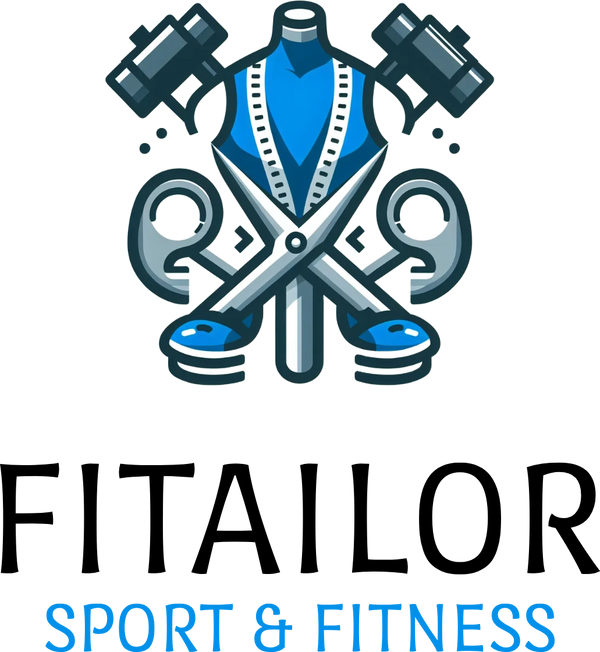The necessity of shoulder training. It is necessary?

It is therefore possible to argue that even if one does not have a desire to lift heavy weights over head, it is still important to train the shoulders due to the following reasons:
* Functional Strength and Daily Movement Support
The shoulders are also in charge of a number of everyday activities such as pushing, pulling, lifting or carrying. Developing the shoulder muscles (particularly the deltoids and other muscles in the shoulder joint) will help you to be able to Carry or lift heavy bags or groceries, Pushing doors or objects of any kind, Carry or drag things with ease in any direction.
Even light resistance training can make these tasks easier and put less strain on the back or arms or other muscles.
2. Joint Health and Injury Prevention
The shoulder joint is the most mobile joint in the body and that is why it is also the most vulnerable to injuries. Without sufficient strong muscles such as the deltoids, rotator cuff and trapezius, the joint is more susceptible to problems such as Shoulder impingement, Tendonitis or bursitis, rotator cuff tears or dislocations.
checkout this perfect equipment for shoulder exercises (paid ad)
* Improved Posture and Balance
In the modern world, most people have rounded shoulders as a result of spending a lot of time sitting and poor posture. This means that the posterior deltoids (the rear shoulders) and other upper back muscles have to be well developed to Pull the shoulders back into correct alignment, Promote an improved and confident posture, Help prevent neck and upper back strain that results from poor posture.
*Rear delt flys, reverse flys and Y-T-W drills are particularly useful for this purpose.
* Support for Other Workouts
Even if you don’t do overhead presses, many other exercises and activities benefit from strong shoulders
Pushing movements: The front shoulder (anterior deltoids) assist in the bench press, push up and dips.
Pulling movements: The back shoulder (posterior deltoids) assist in rows, pull ups and dead lifts.
Core and balance: The shoulders help in maintaining the position of the upper body during activities such as planks, push ups etc.
Ignoring the shoulder training is to create weak points in these movements that may lead to injuries.
* Enhanced Aesthetic Appearance
Well developed shoulders give an individual a balanced and proportional physique. Well formed deltoids can also Make the upper part of your body appear wider, thus, creating the “V-taper” shape when combined with a well developed back and narrow waist.
Enhance the symmetry of the upper and lower body for a more athletic and chiseled appearance.
Since light weights or resistance bands can be used for lateral raises, front raises and even Arnold presses, people these age, can the be muscle effective mass for and the joint shoulders health as reduce well.
* leading Longevity to and decreased Aging
As strength, mobility and stability. Training the shoulders
Helps in the maintenance of the upper body strength that is vital for daily activities such as reaching, pulling or carrying.
Improves the joint mobility and reduces stiffness to enhance the general well being of an individual.
Low impact exercises such as resistance band exercises or body weight exercises can be useful in keeping the shoulders strong and healthy in old age.
How to Train Shoulders Without Heavy Overhead Lifting
If you are not a fan of overhead presses or heavy weights then you can still get great shoulder workout using light weights, resistance bands or your own body weight. Here are some examples:
1. Lateral Raises: Develop the medial deltoids (side shoulders) for width and overall shoulder stability.
2. Front Raises: Develop the anterior deltoids (front shoulders) for pushing.
3. posture Rear and Delt balance.
4. Flys: Face Build Pulls: the Develop posterior the deltoids rotator (rear cuff shoulders) and for rear improving delts the for improved shoulder health and posture.
5. External Rotations: Focus on the rotator cuff.
Even if you don’t lift heavy weights or perform overhead presses, training your shoulders provides numerous benefits, including better posture, injury prevention, functional strength, and aesthetic improvements.
